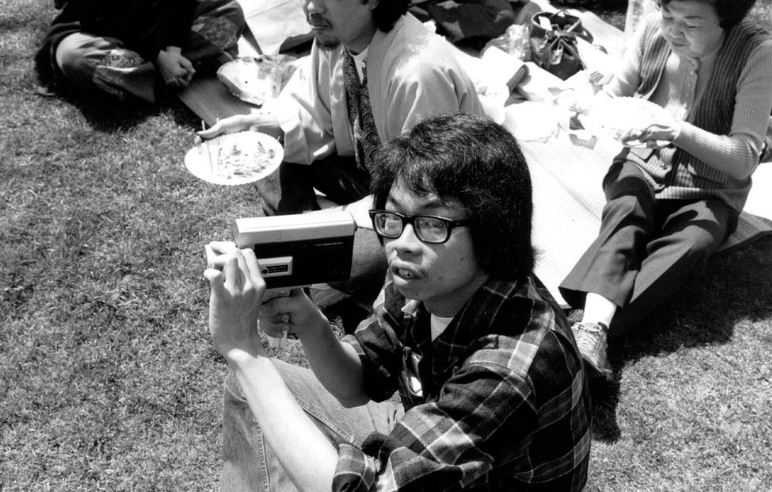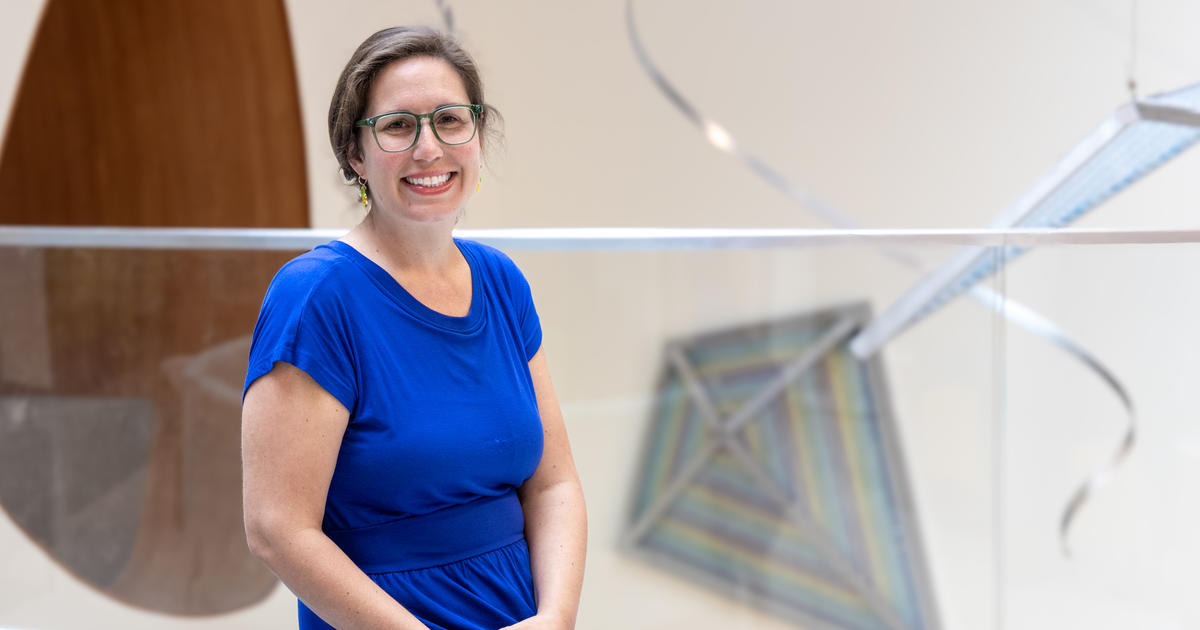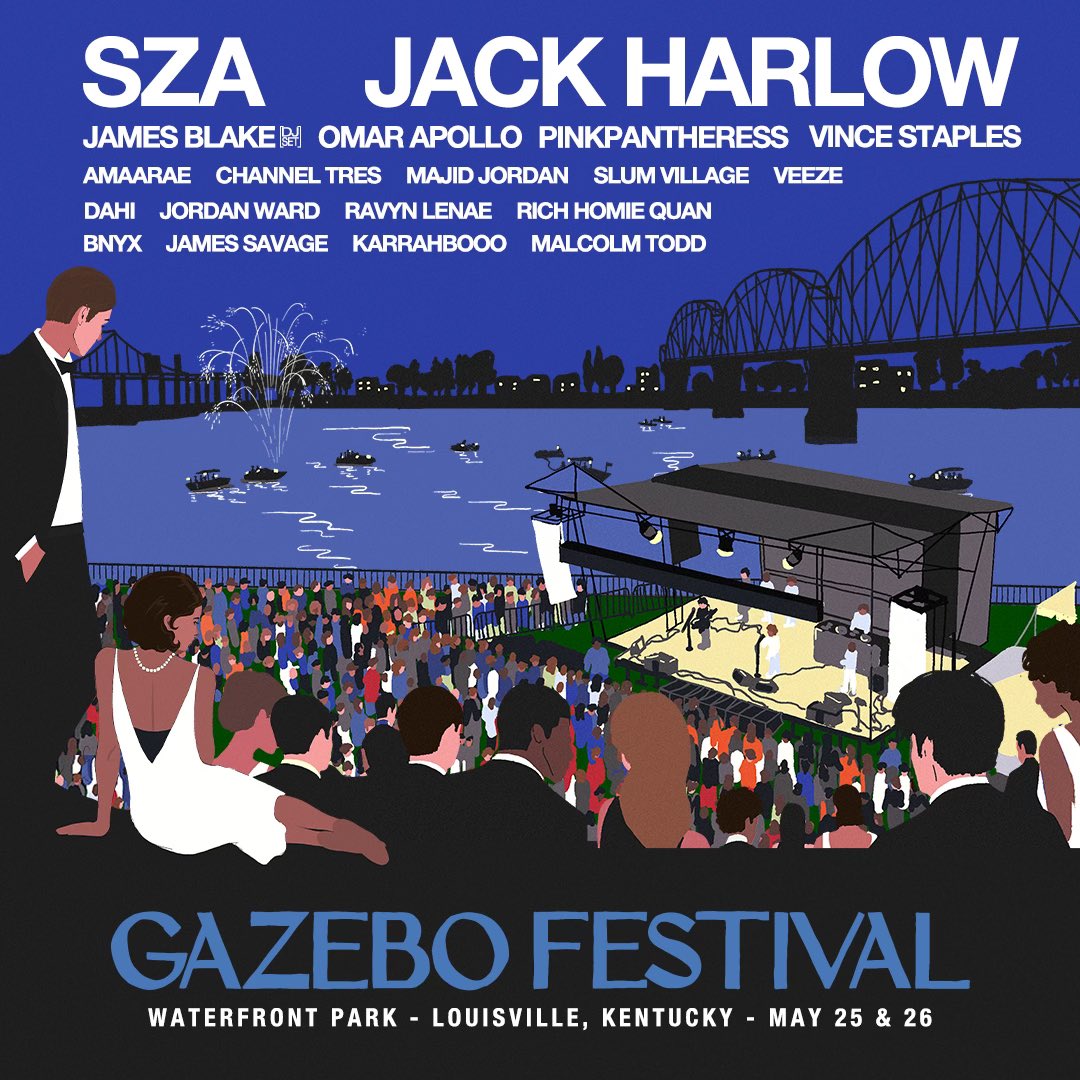
The Visual Communications (VC) Film Festival, also known as the Los Angeles Asian Pacific Film Festival (LAAPFF), is gearing up for its historic 40th run this May in Los Angeles. This landmark event for Asian Pacific Islander (API) cinema will showcase over 150 programs centered around the theme of joy and wellness, featuring AAPI stories from across the globe in various formats such as animation, experimental documentaries, and narratives.
Scheduled to take place from May 1 to May 10, the festival will be a combination of in-person and online screenings, marking the beginning of Asian Pacific American Heritage Month. Viewers can access the diverse lineup of programs for each, offering a mix of brand new works and selections from the VC Archives.
The festival’s Executive Director, Francis Cullado, emphasized the importance of honoring the cultural workers who paved the way for this event, connecting them to emerging artists who continue to empower communities and challenge perspectives. This year’s festival is dedicated to the legacy of founding Executive Director Steve Tatsukawa.
Established in the 1970s, VC stands as one of the oldest API arts organizations, giving birth to the LAAPFF in the 1980s to provide a platform for APIs to connect with stories that resonate with their identities. The festival has evolved into a vital space for Asian Americans to share their narratives and experiences with wider audiences.
As the festival continues to embrace diverse API voices, it serves as a catalyst for underrepresented individuals like writer and director Sean Wang, whose film “Dìdi” explores his personal story as a Taiwanese American boy transitioning into high school. Premiering at Sundance earlier this year, “Dìdi” will be screened at the VC Film Fest on May 8 at the Japanese American National Museum.
The VC Film Festival not only amplifies the voices of API storytellers but also highlights the talents of API creatives working behind the scenes. This commitment to showcasing API representation in film has paved the way for works like “SHAKA, The Story of Aloha” by Steve Sue, which will have its world premiere at the festival on May 2.
Overall, the festival’s goal is to foster a sense of belonging for APIs in the film industry and provide a platform for diverse storytelling that resonates with audiences. By offering programs with subtitles, ASL interpretations, and accessible pricing options, the festival aims to reach a broader audience and create a more inclusive cinematic experience.
Looking towards the future, the VC Film Festival hopes to continue promoting API representation and storytelling, empowering individuals to share their impactful narratives with the world. Through initiatives like free programs and increased accessibility, the festival strives to create a space where multigenerational audiences can experience diverse stories together.
With a strong focus on supporting emerging API creatives and providing a platform for underrepresented voices, the VC Film Festival remains a cornerstone of API cinema and a driving force in championing diverse storytelling in the industry. For more information about the festival and tickets, visit their website.

